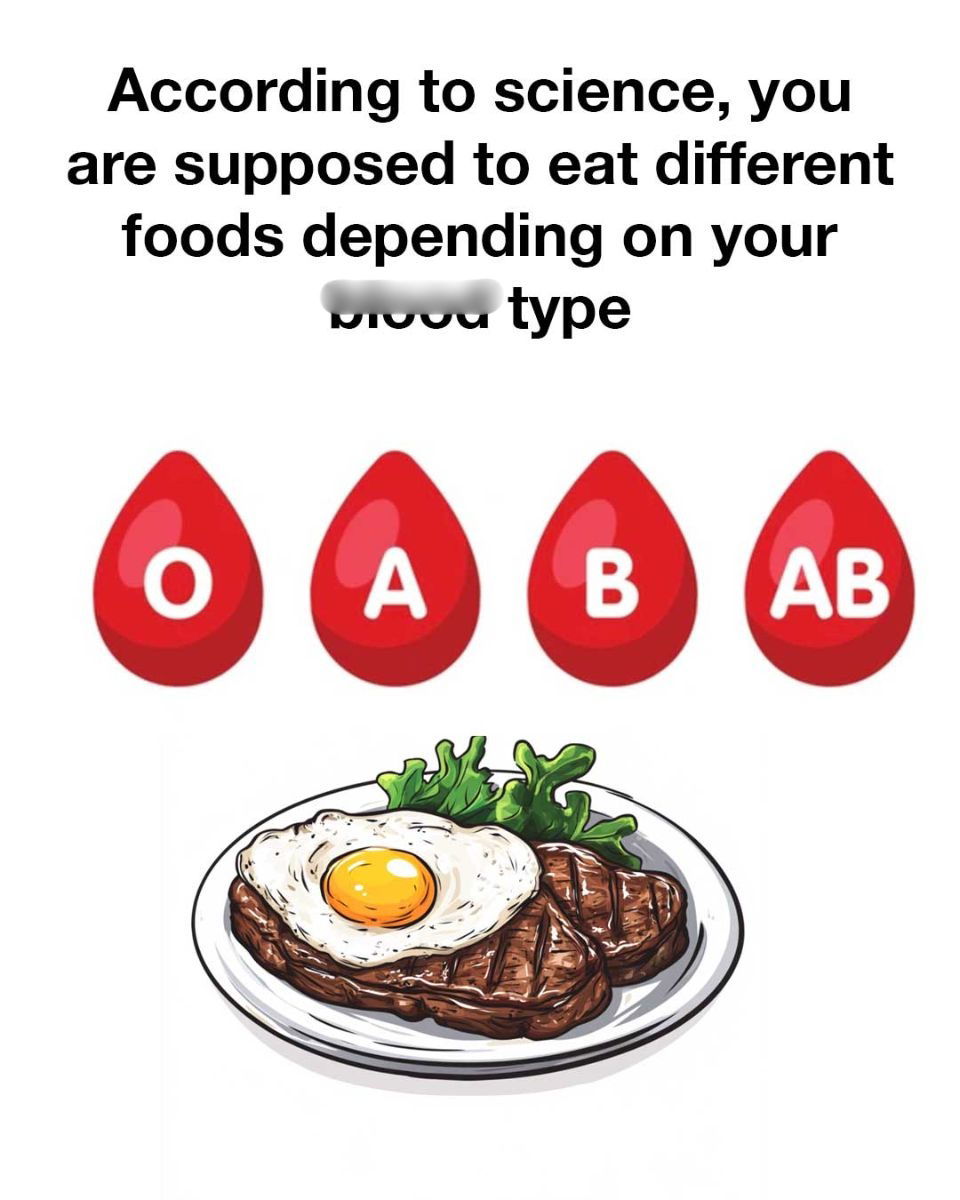
The Bl00d Type Diet is a dietary plan based on the premise that your bl00d type—the classification of your bl00d based on the presence or absence of antigens—can predict which foods are most helpful to your health.
Proponents of this idea claim that consuming foods that match your bl00d type can enhance your general health and well-being. According to the notion, bl00d type effects digestion, metabolism, and illness susceptibility, hence various bl00d types require varied nutritional demands.
The History and Origin of Bl00d Type Diet
Dr. Peter J. D’Adamo, a naturopathic physician, popularized the bl00d Type Diet with his 1996 book ‘Eat Right 4 Your Type’. Dr. D’Adamo expanded on studies undertaken by his father, Dr. James D’Adamo, who discovered that people react differently to specific diets and therapies. The diet’s base is a blend of ancestral history, evolutionary ideas, and contemporary medical knowledge, with the idea that bl00d type reflects genetic qualities from our ancestors and hence determines the best diet for health.
Understanding Bl00d Types and Their Characteristics
The four basic bl00d types are A, B, AB, and O. Each bl00d type has specific features due to its unique antigens. Blood type A is distinguished by the presence of A antigens rather than B antigens. Blood type B contains B antigens but lacks A antigens. AB possesses both A and B antigens, making it the universal receiver, whereas type O lacks both A and B antigens, making it the universal donor. Understanding these distinctions is critical in the context of blood transfusions, and they also serve as the foundation for the Bl00d Type Diet’s nutritional recommendations.
Scientific Basis for Bl00d Type-Based Food Recommendations
Bl00d Type A: Recommended and Avoided Foods
Those with bl00d type A are said to flourish on a vegetarian diet. Vegetables, fruits, tofu, shellfish, grains, beans, legumes, and little dairy are all recommended foods for this bl00d type. Foods to avoid include meat, particularly red meat, dairy products, kidney beans, lima beans, and some wheat goods. According to the idea, those with type A have a more sensitive immune system and less stomach acid, which makes plant-based meals simpler to digest and absorb.
Bl00d Type B: Recommended and Avoided Foods
People with blood type B are regarded to have a better balanced immune system and may handle a variety of diets. Green vegetables, eggs, lamb and goat meat, low-fat dairy, and some cereals are all recommended. Foods to avoid include poultry, corn, wheat, lentils, peanuts, and tomatoes. The diet recommends that type B people eat items that improve metabolic function and promote intestinal health.
Bl00d Type AB: Recommended and Avoided Foods
Because they carry both A and B antigens, people with bl00d type AB should eat a diet that has parts of both type A and type B standards. Tofu, shellfish, dairy, green vegetables, and specific grains such as quinoa and brown rice are also recommended foods. Foods to avoid include chicken, maize, buckwheat, and kidney beans. This diet focuses on foods that support the complicated immune system and digestive requirements associated with possessing both A and B antigens.

Bl00d Type O: Recommended and Avoided Foods
Individuals with Type O blood, which is the oldest blood type in evolutionary history, should have a high-protein diet rich in meats, vegetables, fish, and fruits. Grains, legumes, dairy products, and some fruits such as melons and oranges are all foods to avoid. This diet backs up the hypothesis that type O people have greater stomach acid levels, making them more adapted to digesting animal proteins.
Benefits of Adhering to a Bl00d Type Diet
Proponents of the Bl00d Type Diet claim that it can lead to a variety of health benefits, including improved digestion, greater energy levels, and better weight control. Because the suggestions stress whole, unprocessed meals and the avoidance of often troublesome foods (such as excess sweets and harmful fats), many people report feeling better and having less digestive problems.
Conclusion: Is the Bl00d Type Diet Right for You?
Whether or not the Blood Type Diet is suitable for you involves careful thought and, if necessary, contact with a healthcare specialist. While anecdotal evidence shows possible advantages, the absence of scientific support implies it may not be appropriate for everyone. As a result, it’s vital to approach this diet with caution, ensuring that your nutritional intake is balanced and meets your specific health demands.




















